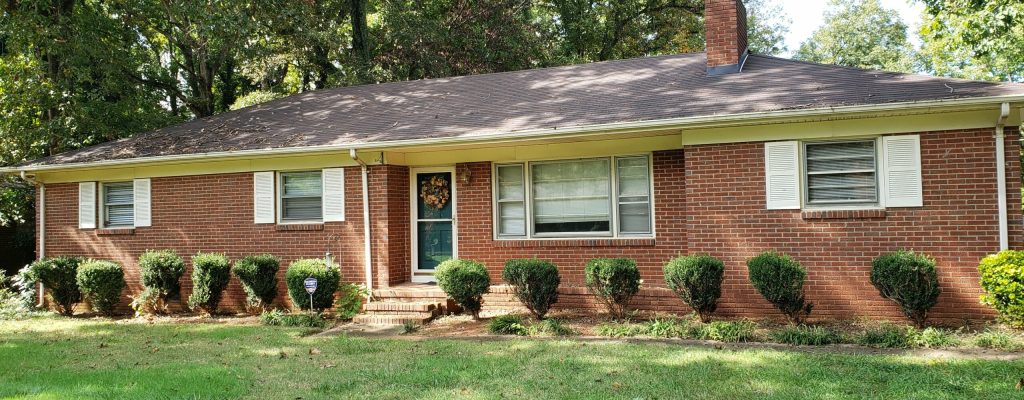
Have you wondered what the differences between a single-family, a condo, and a multi-family property are? Do you know what all these terms mean? If you don’t know what these properties are and how they differ, in this article, you will discover their differences and the difficulties you might encounter if you are planning on selling one of these properties with a real estate agent.
Let’s start with single-family properties. No one seems to wonder what a single-family property is. It seems pretty obvious, but did you know that they come attached too? Often, single-family houses that are attached are mistaken for condos. But, what makes a single-family house is the land on the property. This means that single-family properties own the land from a certain point to another.
A condominium, popularly known as a condo, can be a high-density or low-density building. The reality is, what makes a condo is the ownership of the area. For example, a condo owner doesn’t own the entirety of the land. This means that the condo owner only has ownership of the fixtures and what relies on the unit.
This means that anything outside is a common space, and its maintenance is a shared expense between all unit owners. Common areas might include gardens, a parking lot, different facilities like a gym, tennis court, or a pool.
A multi-family property consists of separate and multiple legal housing units that are located in a single structure. There can be various families living in the same building. There are four types of multi-family properties, which are the following:
You might believe that selling a single-family property is pretty easy, but let me tell you that it’s not. When trying to sell this type of property with the help of a real estate agent, it becomes a headache. First of all, you have to look for a good real estate agent and be aware that your property is just a part of a list of properties he has to sell, meaning that you will not be a priority, which will slow the process.
After choosing a realtor, you’ll have to wait to find potential buyers, and homebuyers are very picky. It’s normal to see unrealistic buyers who want a perfect house for such a small price. They will look at your property and find any small issue as an inconvenience or as a reason not to buy your property. So, you’ll spend a lot of time showing your house but without a successful closing. All these processes are just a waste of time.
Similar to single-family properties, condos are hard to sell with the help of a realtor, first, because of unrealistic buyers that want your property to look brand new. But the case of condos is special since buyers try to avoid condos because of the limited space or the lack of yard. Besides, buyers avoid condos since there’s a limited population for re-sale.
One of the challenges you might encounter when selling a multi-family property is the number of legal apartments, which isn’t the same as occupied apartments. Apartments can be rented but can’t have legal status with the city, so it’s crucial to ensure that all units are legal.
Another common issue when selling a multi-family property has to do with tenants and their contracts. If you’re selling your property and your buyer wants to move right away but can’t because some tenant’s contracts run longer, the buyer will not be able to move and opt for an FHA loan.
One way to solve these challenges when selling any of these properties is to sell them to a cash home buyer like Travis Buys Homes. We’re a trusted home buying company that will buy your property as-is. We help you solve any issue with your property to close the deal as soon as possible! Also, we provide you with an amazing, simple, and quick 3 step selling process. Selling your property has never been easier!